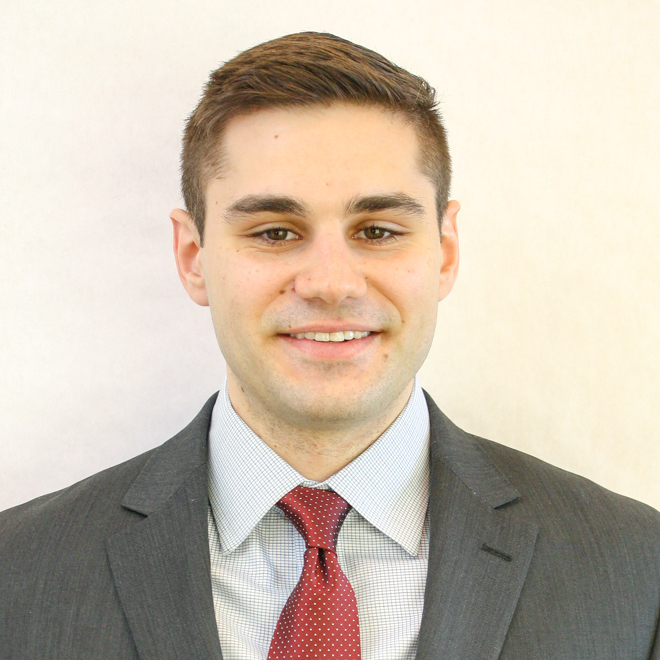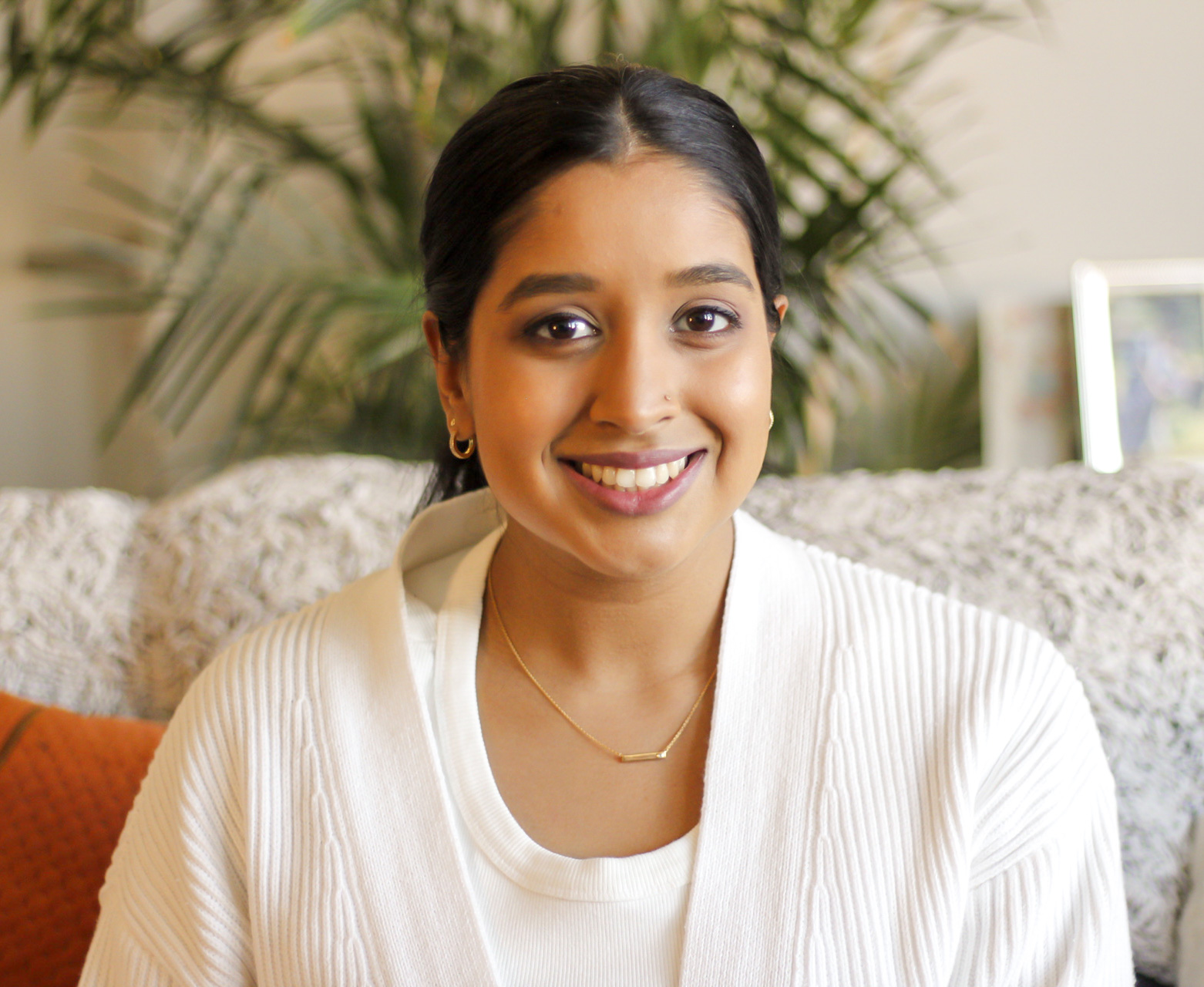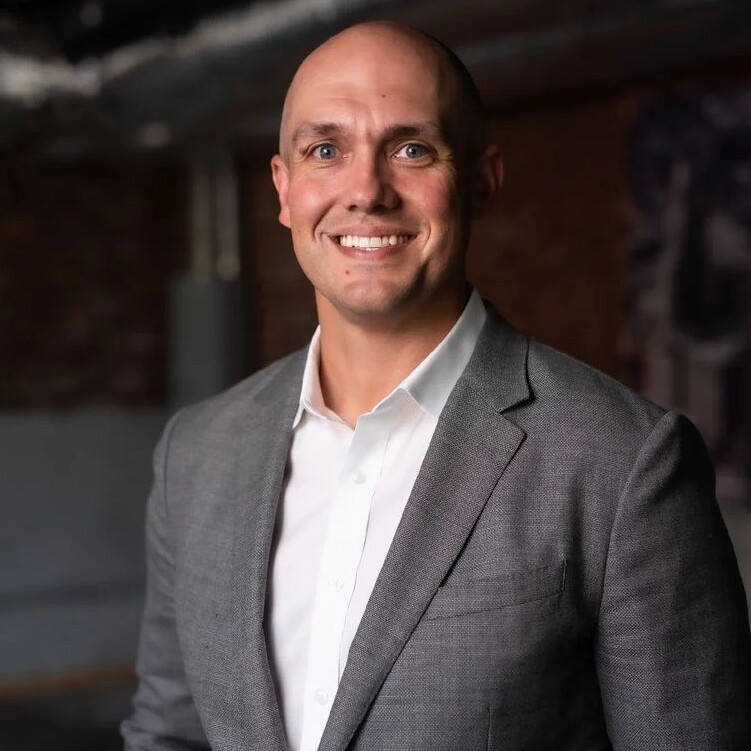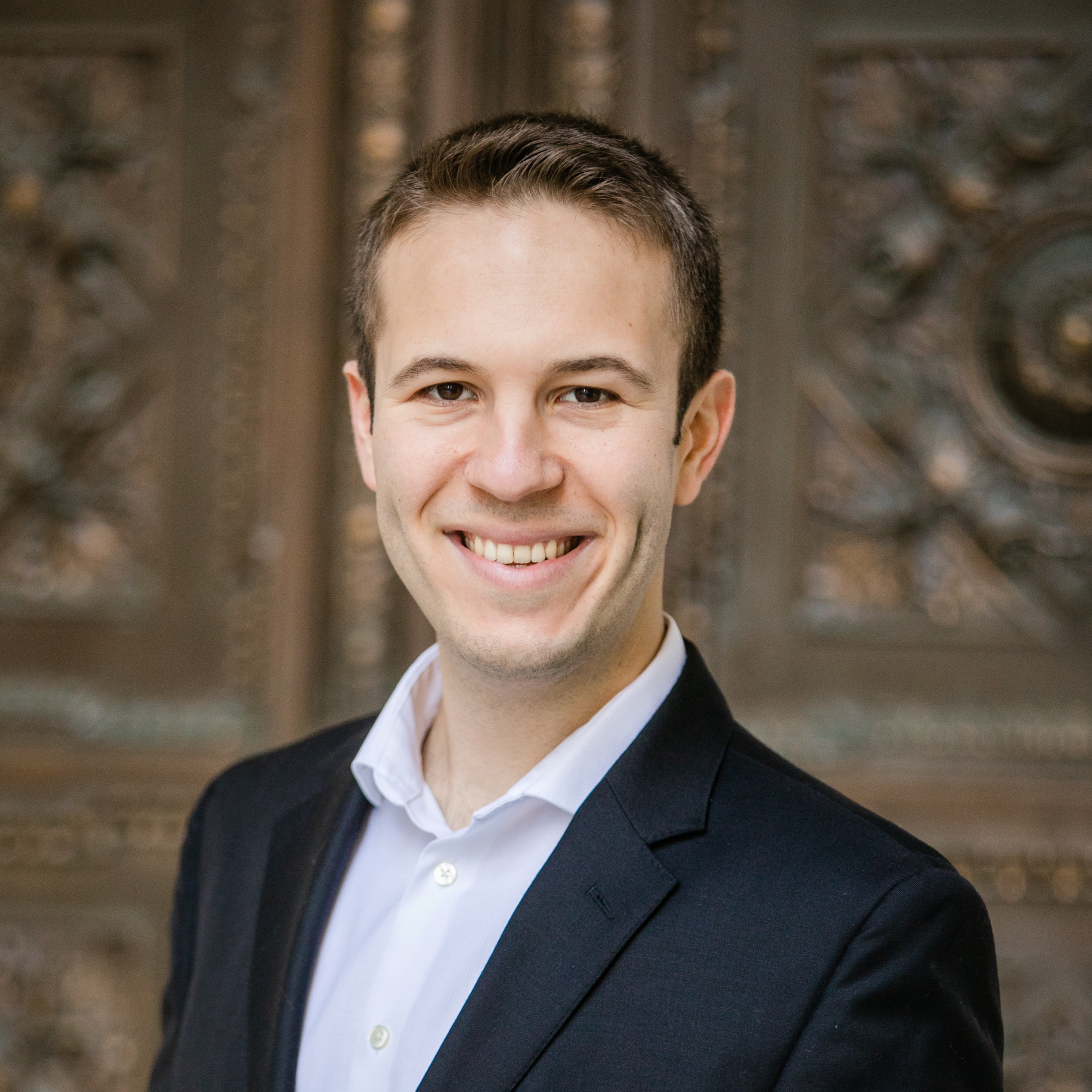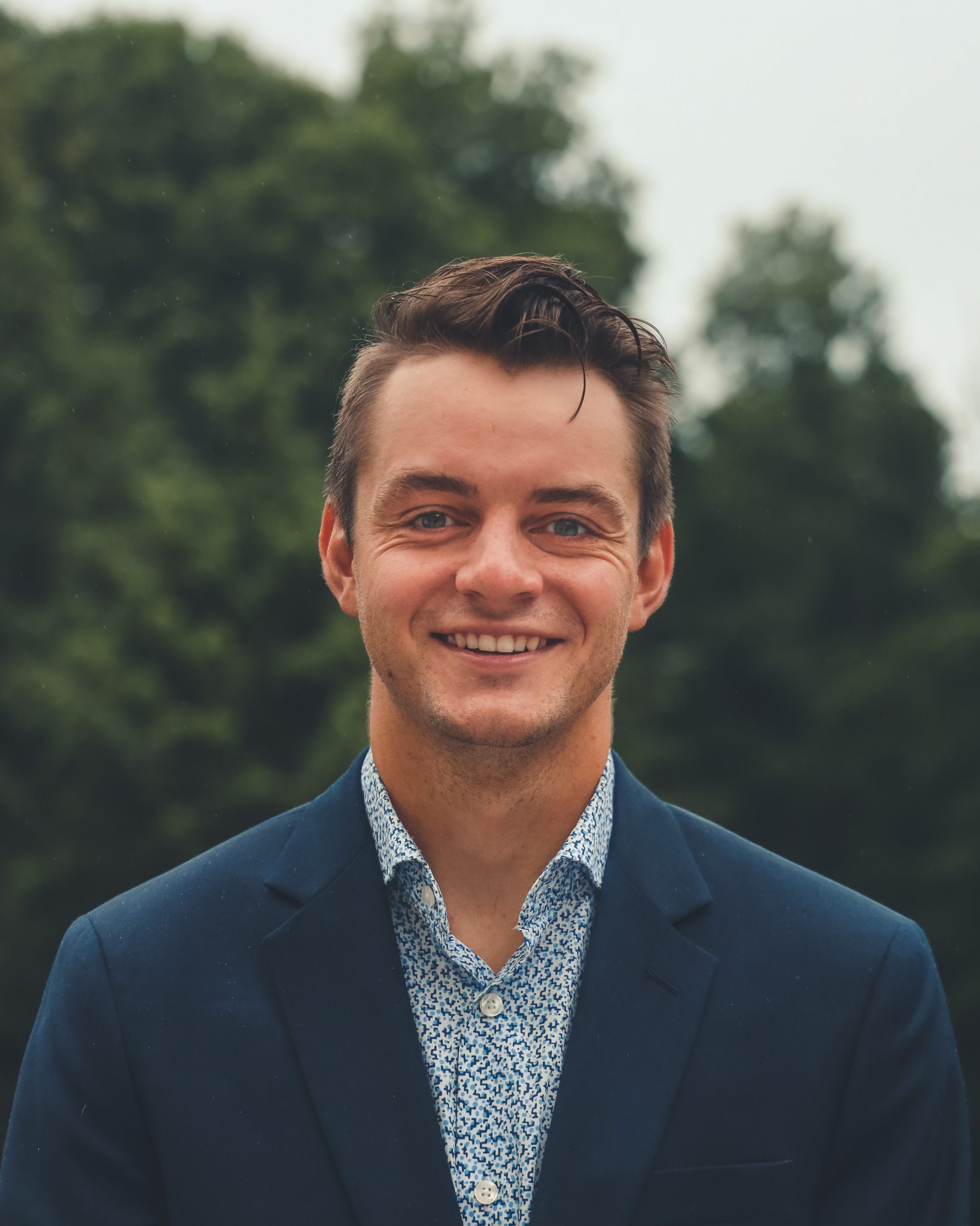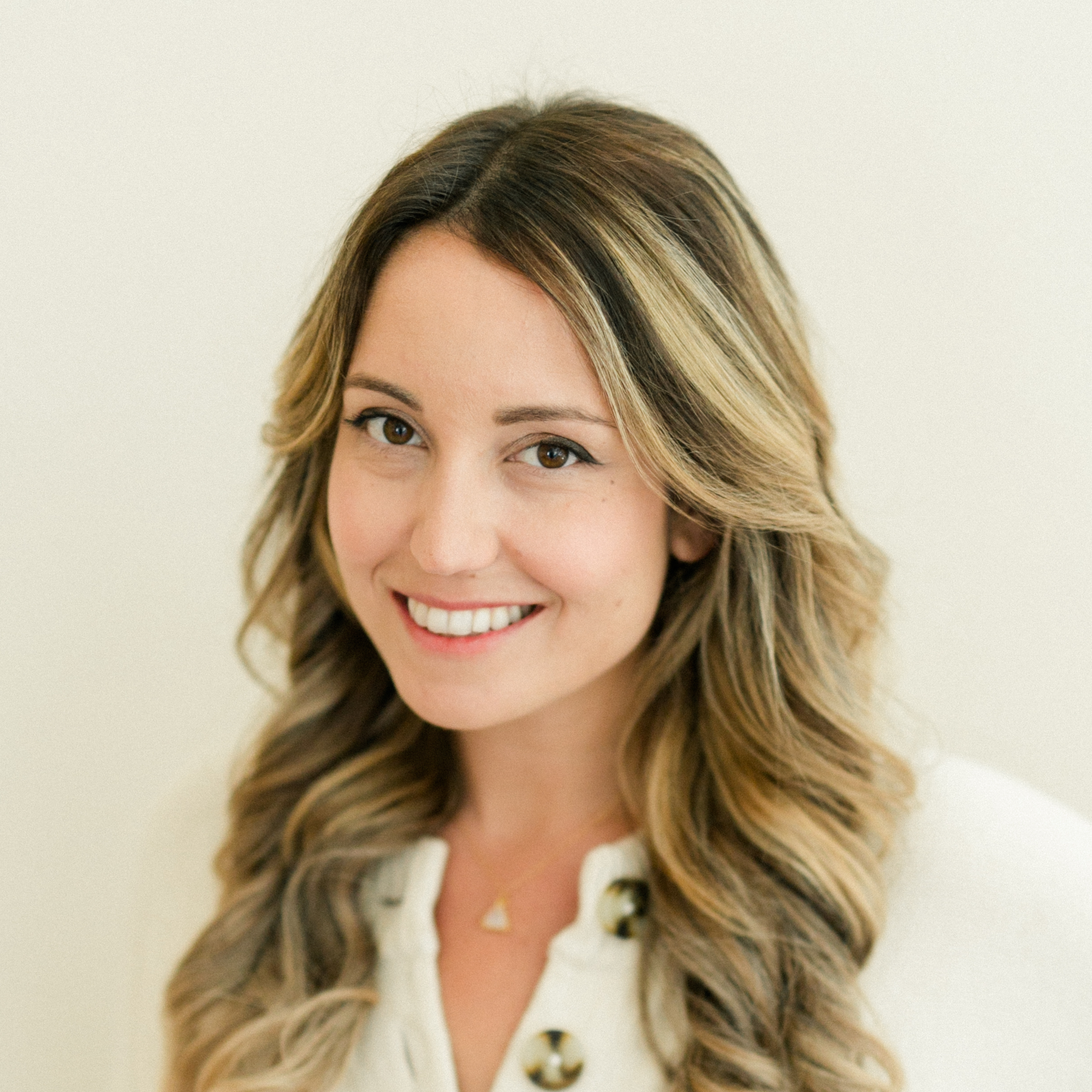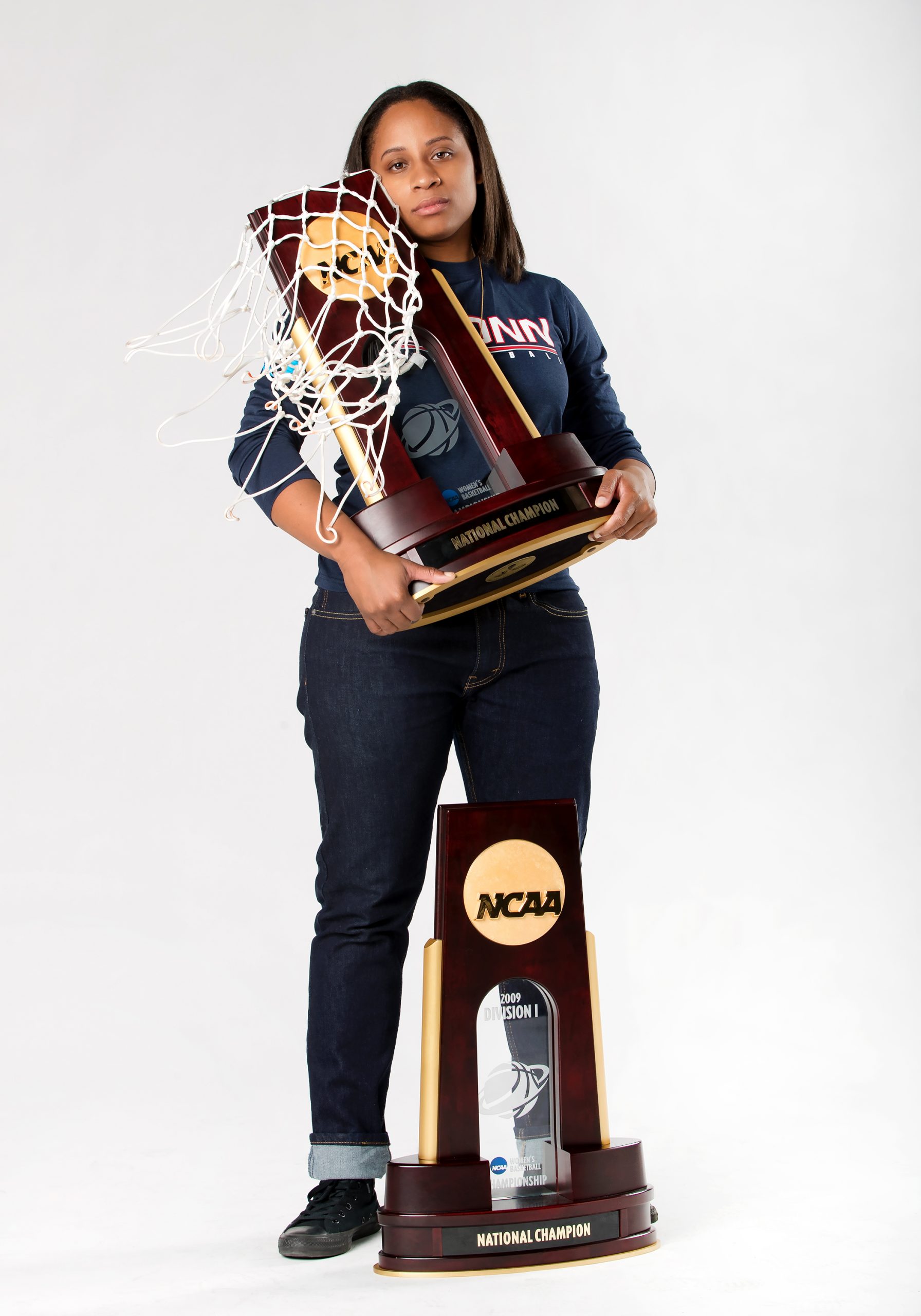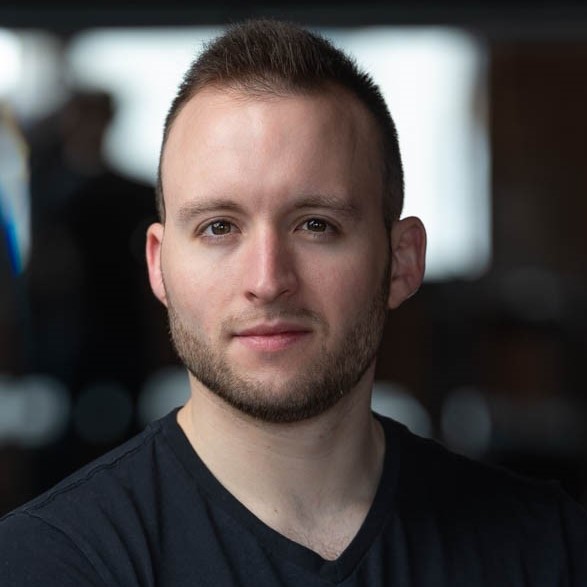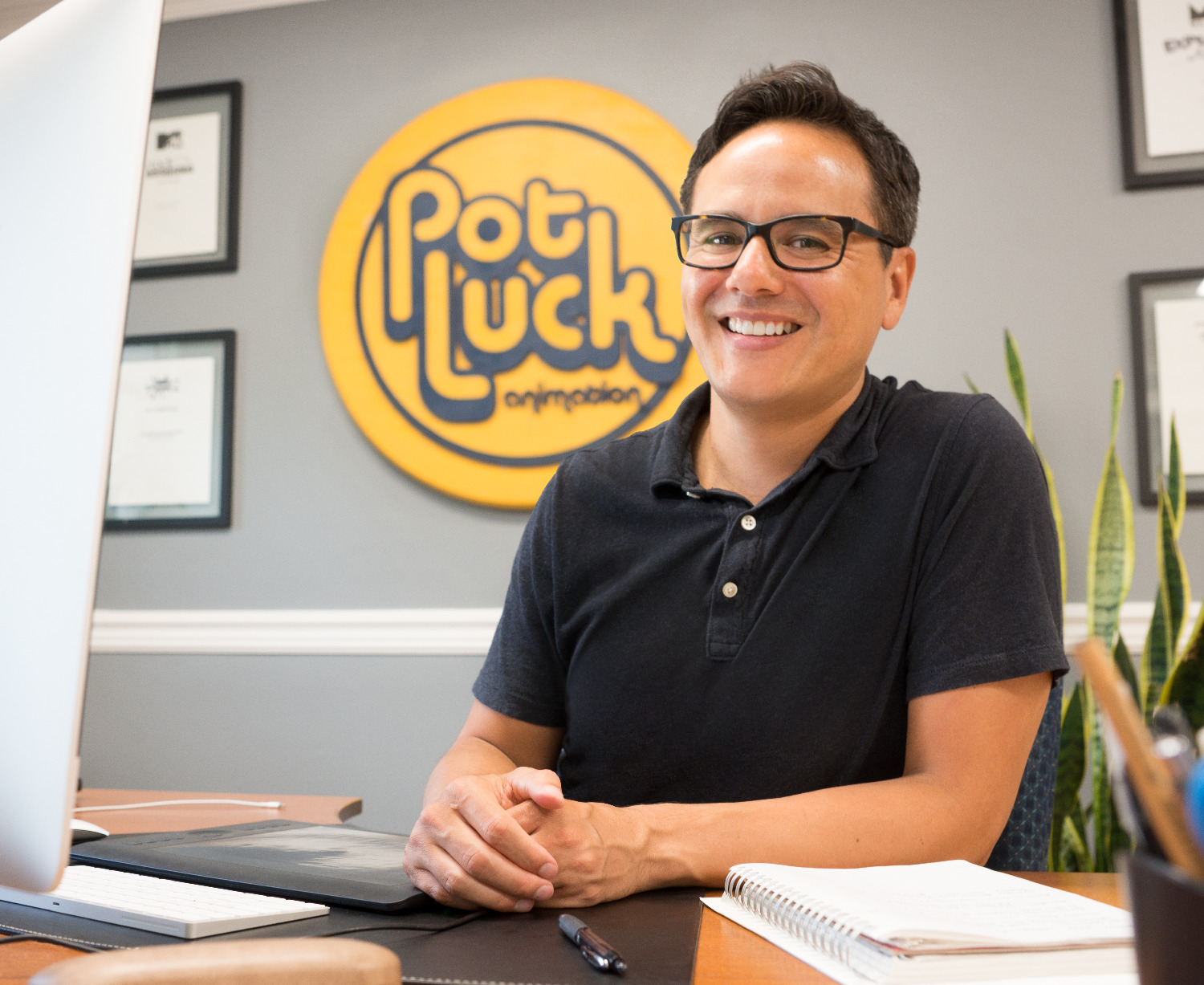
Owner & Creative Director, Lowbrow Studios
Mike Parker graduated from UCONN in 2001 with a degree in Graphic Design and Illustration and is now the owner and creative director of Lowbrow Studios, a full-service animation studio in Fairfield, CT. Lowbrow has produced, written and directed animated shorts and series for TV, web and streaming.
Mike Parker is doing things WerthWatching:
- Providing mentorship to Huskies through The Werth Institute’s NetWerx program
- Lowbrow Studios has worked with clients such as Disney, Nickelodeon, MTV, Mattel, CollegeHumor, Machinima and more
- Lowbrow Studios is famous for producing the web series Sonic For Hire
What sparked your interest in 2D animation?
I grew up loving Looney Tunes, The Simpsons, Ren & Stimpy and art in general. The way you could tell any sort of story with any sort of character was always amazing to me.
Can you describe your experience as a mentor as part of the NetWerx program? What motivated you to become a mentor?
I got invited to be a guest at a couple classes in the Art Department and loved seeing the students’ work and their thought processes. It was also great just helping students to try and navigate school or the transition from school to a job environment.
What specific skills or insights do you aim to impart to your mentees?
What to expect for life after school. Going from a regular job, to freelance, to running a company. The skills required for staying motivated and organized.
In your mentoring role, have you encountered any common challenges or obstacles that students face when entering the field of 2D animation (or the workforce in general) and how do you help them overcome these challenges?
I think a common problem is a broader working knowledge of animation software. It’s not an easy thing to try and tackle – but being more aware of Toon Boom, Animate, Procreate, After Effects or even things like Premiere. Knowing more about what these programs can offer, how they operate or how they fit into an animation pipeline. I feel like the more a student knows the full process of the pipeline and what software would be a good fit for each section, the more prepared or well-rounded they are for an animation position.
How did UConn prepare you for where you’re at today?
Oddly enough, UConn didn’t really have an animation program when I was there, so I taught myself the ins and outs. But one of the best opportunities was my Independent Study course with Cora Lynn, where I produced a couple episodes of a web series. That prepared me for learning all the steps in the process and being held accountable more than a regular assignment.
Can you describe a time you took a risk? Did it pay off? If not, what lesson did you learn?
Biggest risk was leaving my regular job (Graphic Designer) with a steady paycheck to do freelance animation and not knowing if I would be able to make enough on a regular basis. It took a ton of hard work, but paid off
Describe a professional moment you are most proud of, and why?
Everyone deals with imposter syndrome all the time. Several years ago, I sold a show to Disney, and we were in development with them for a couple years. During that time, I’d be in creative meetings with executives and higher-ups at the company and I was able to contribute some meaningful ideas and saw a positive response. That was a very reassuring moment and helped me realize that I can do this.
What’s your favorite UConn memory?
I had a bunch, but probably seeing my first comic strip “The Nature Show” in the Daily Campus. I got so excited I just got up and left class without realizing it.
What are you passionate about outside of work?
Being creative is such a big part of what I do every day and it’s really what I enjoy at all times. So, if I’m not at work, I’m usually trying to think of ideas for shorts. Or I like to go running, and of course just relax with my wife and our cats.
